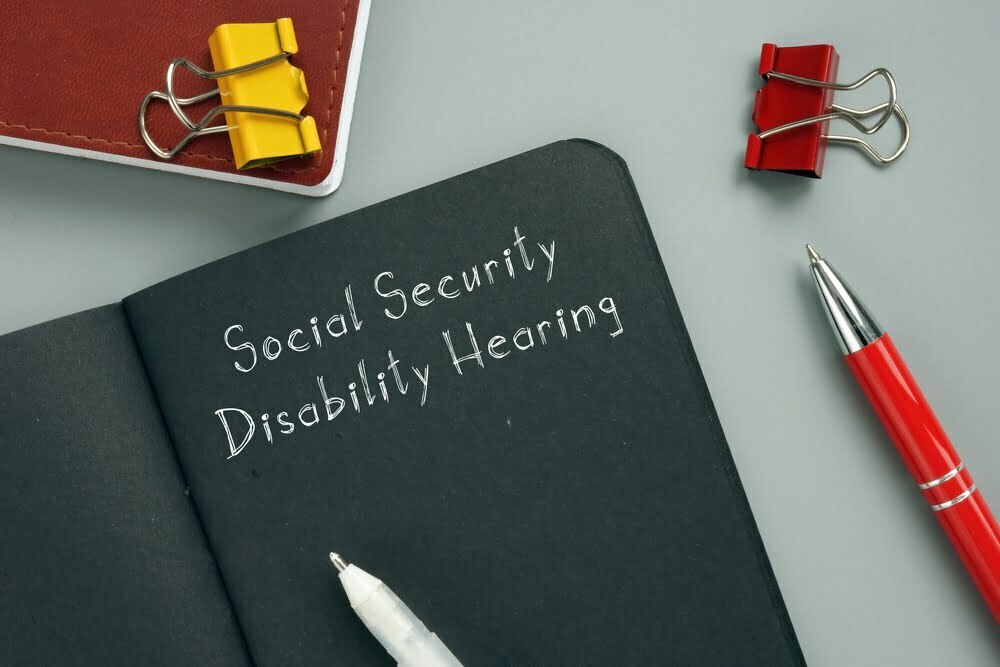
Issues concerning child custody are always intense and even more so during the holidays as families and children inevitably struggle with who are the children going to be with on which day. When an immigration component is present, it sometimes is used as a threat by one parent against the other. I have seen threats made in cases where both parents are in the United States as well as in situations when one parent is in the United States and the other is outside. In both situations, an undocumented parent should not be afraid of losing custody only due to immigration status.
Both parents in the United States
“You can’t have custody of the children because you are here illegally.” This is a threat my clients have reported their spouses have made against them. Fortunately lack of immigration status does not prevent a parent from establishing child custody in Family Court in California. California Family Code Section 3040(b) indicates that the immigration status of a parent, legal guardian or relative does not disqualify that person from receiving custody.
I have seen the unexpected happen – where a child custody order can actually help a parent obtain legal status. I once had a cancellation of removal case in which my client was here illegally. He shared custody of his daughter with his ex-wife. His ex-wife was also here illegally but their daughter was born in the United States. The immigration judge considered my client’s custody order as a hardship factor in his favor. If he were to be removed, it would have resulted in extreme hardship to his daughter because compliance with the custody order would have been impossible.
One parent in the United States and the other outside of the United States
I have also unfortunately seen situations in which one parent will forcibly remove (“kidnap”) a child and take the child outside the United States. A parent’s right in that situation is to hope that the other country is a signatory to the Hague Convention. The Hague Convention was enacted “to protect children internationally from the harmful effects of their wrongful removal or retention and to establish procedures to ensure their prompt return to the State of their habitual residence ….” (Preamble to Hague Convention.) In that situation, even if the parent in the United States is here illegally, that by itself is not be a sufficient basis to deny a parent’s right to bring back his or her child. Or at least, this is the holding I gather from a published case In re B. Del C.S.B., 559 F.3d 999 (9th Cir., 2009).
In In re B. Del C.S.B, the situation was a bit reversed. The husband, (Ivan Nemecio Salmeron Mendoza), living in Mexico, alleged that his ex-wife (Geremias Brito Miranda) while originally taking their daughter from Mexico to the United States with his consent, kept her there without his consent. Neither the wife nor the daughter had legal status in the United States. Mr. Salmeron Mendoza filed a complaint pursuant to the Hague Convention arguing that his ex-wife was unlawfully retaining their daughter in the United States. In order to prevail, Mr. Salmeron Mendoza needed to show that he timely filed his complaint and that his daughter was not “settled” in the United States. The Court found against him on both accounts.
A complaint pursuant to the Hague Convention must be filed within one year of the abduction. Mr. Salmeron Mendoza’s complaint was filed after a year. He argued that it was filed late because his ex-wife concealed the child’s whereabouts. The Court found that Mr. Salmeron Mendoza knew where his child was and could have timely filed.
Mr. Salmeron Mendoza also argued that his ex-wife and daughter were undocumented and thus his daughter was not “settled” in the United States. The Court disagreed with Mr. Salmeron Mendoza on this issue as well. They found that lack of immigration status alone did not make an individual “un-settled. As the Court stated
[W]e conclude that, on a practical level, it makes little sense to permit immigration status to serve as a determinative factor in the Article 12 “settled” analysis. Although there are undoubtedly real risks posed by illegal status, the reality is that millions of undocumented immigrants are presently living in the United States, many of whom will remain here permanently without ever having any contact with immigration authorities.
The short answer regarding immigration and child custody is that you do not have to live in fear. If you are living in the United States illegally, you may establish custody concerning your children, but you need to go to the Family Court to obtain the custody order. Don’t wait for something bad to happen. Obtain the custody order first. Holidays may always be challenging but your illegal status will not prevent you from being with your children.





